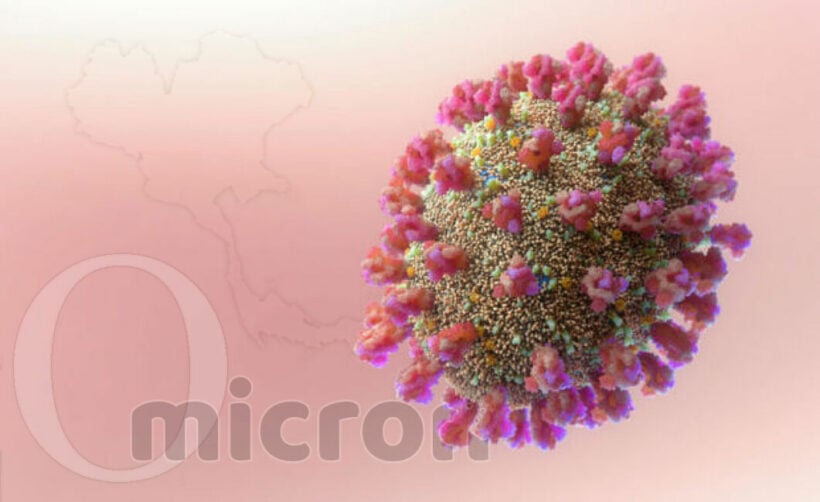New coronavirus HKU5-CoV-2 identified, no human infections reported

The Ministry of Public Health has verified the identification of a new coronavirus, HKU5-CoV-2, by a laboratory in China, stating that no human infections have been reported to date.
Doctor Opas Karnkawinpong, the Permanent Secretary of the Ministry of Public Health, indicated that the virus, discovered by Chinese researchers at the Wuhan Institute of Virology, belongs to the Merbecovirus subgenus. He clarified that it is not a new strain or mutant but rather a member of the coronavirus family, which includes several subspecies.
The research team noted that HKU5-CoV-2 can invade human cells through the same entry point as the earlier SARS-CoV-2 (Covid-19), raising concerns about the potential for another pandemic.
Nonetheless, he reassured that there is currently no outbreak or epidemiological data pertaining to HKU5-CoV-2 in humans, advising the public not to be alarmed at this stage.
Thailand is part of a robust international disease surveillance and control system, which swiftly identifies and monitors emerging virus strains affecting humans, Doctor Opas stated. Presently, the predominant Covid strain in Thailand is Omicron JN.1.
He mentioned that although the HKU5-CoV-2 strain has not yet shown signs of spreading, preventive measures remain consistent with those for other respiratory diseases like influenza, Covid, or respiratory syncytial virus (RSV). Doctor Opas recommends avoiding crowded areas, wearing masks if experiencing respiratory symptoms, and frequently washing hands with soap.
The search for new viruses in bats, in countries such as China, Japan, and the United States, is driven by the risk of coronaviruses mutating. When a new variant is identified, its characteristics are examined to determine if vaccine development is necessary.
However, he pointed out that the risk of direct transmission from bats to humans remains low to moderate, as the viral load in bats is typically insufficient for transmission, reported Bangkok Post.
He commented that human contact with bats is rare, and infections generally require an intermediary animal.
Latest Thailand News
Follow The Thaiger on Google News:


























